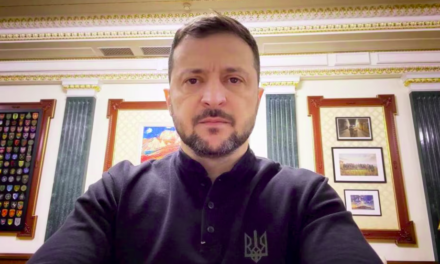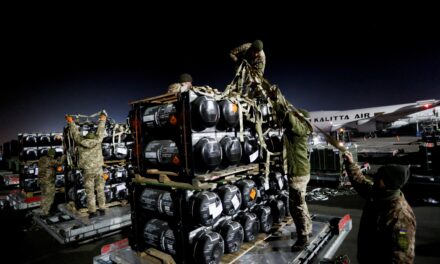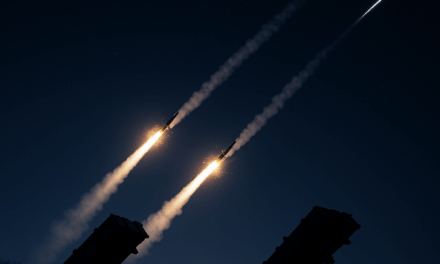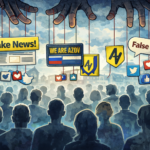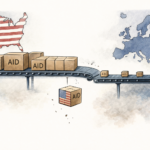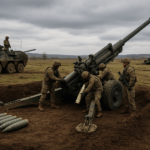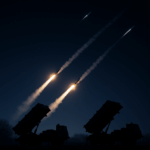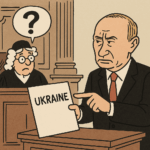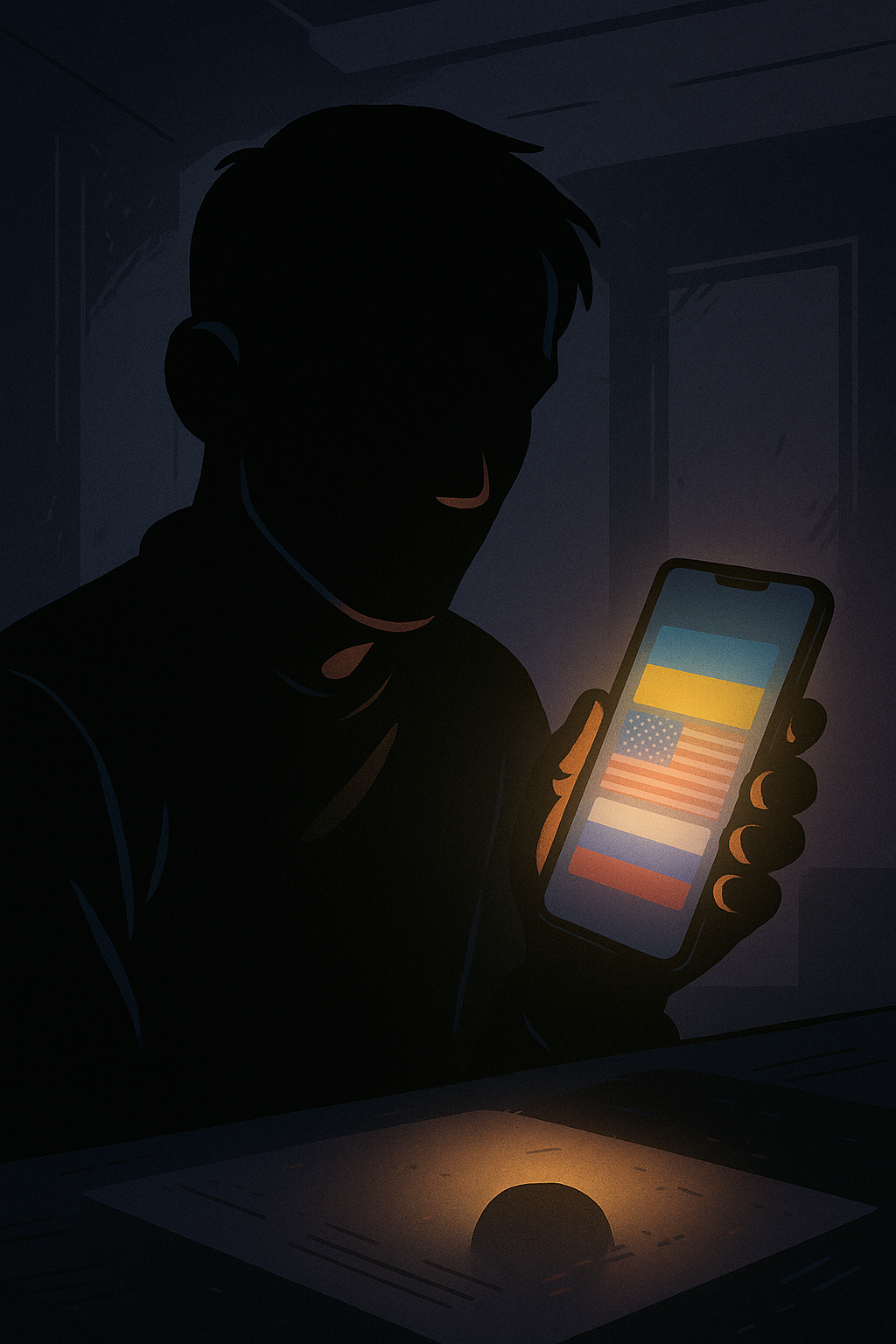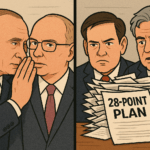Amid a weekend of frantic diplomacy, Ukraine’s president Volodymyr Zelenskyy challenged Vladimir Putin to meet him face-to-face in Istanbul—on the explicit condition that a full, lasting ceasefire begin immediately, signaling that Kyiv will not negotiate under bombardment. theguardian.com The gambit followed Putin’s late-night proposal for direct talks in Turkey and a burst of pressure from U.S. President Donald Trump urging Kyiv to accept a meeting “now,” to which Zelenskyy signaled readiness while underscoring the ceasefire precondition. Reuters European leaders who had just visited Kyiv—Britain’s Keir Starmer, France’s Emmanuel Macron, Germany’s Friedrich Merz, and Poland’s Donald Tusk—insisted any negotiations must be preceded by an unconditional 30-day halt to fighting, warning that sanctions and military aid would be intensified if Moscow refused. The Washington Postgov.uk
Beneath the theatrics, the episode laid bare the distance between the sides and their backers. Kyiv and its European partners want a ceasefire first, then negotiations on a broader settlement that could include a European “reassurance force” based inside Ukraine to deter renewed aggression—an idea Paris and London have been developing for months. theguardian.com Moscow, by contrast, has tried to retain battlefield leverage and to anchor any agreement around long-standing demands, from territorial claims to limits on Ukraine’s future security choices—positions that have shifted little despite the uptick in diplomatic activity. worldview.stratfor.com
The Kremlin cast its outreach as constructive, but the timing raised doubts among Kyiv’s allies. Almost immediately after Putin’s statement, Russia launched more than 100 drones at Ukraine overnight as a brief, unilateral 72-hour truce tied to Victory Day expired—hardly the atmosphere for credible diplomacy. Al Jazeera Washington’s signals added complexity: Trump publicly pressed for immediate talks while his envoy backed the European line that a ceasefire must come first, an inconsistency that muddied efforts to present a united front. theguardian.com
Zelenskyy’s message attempted to flip the script: if Russia accepts a verifiable halt to attacks, he will appear personally in Turkey and talks can proceed; if not, the responsibility for prolonging the war rests with Moscow. The challenge therefore converted a Kremlin initiative into a test of intent, clarifying that for Kyiv and its European supporters, the path to negotiations still runs through a real ceasefire—not simply an invitation to meet.
Zelenskyy Challenges Putin: Talks Only With Immediate Ceasefire


